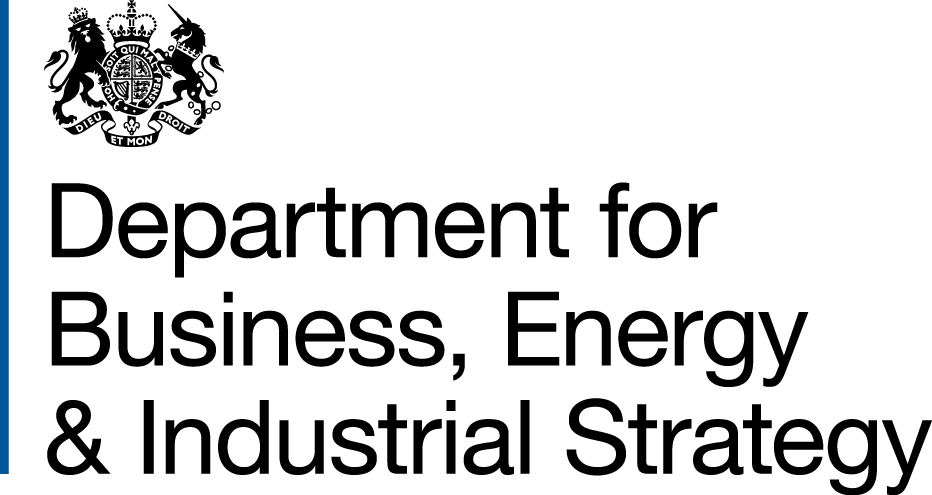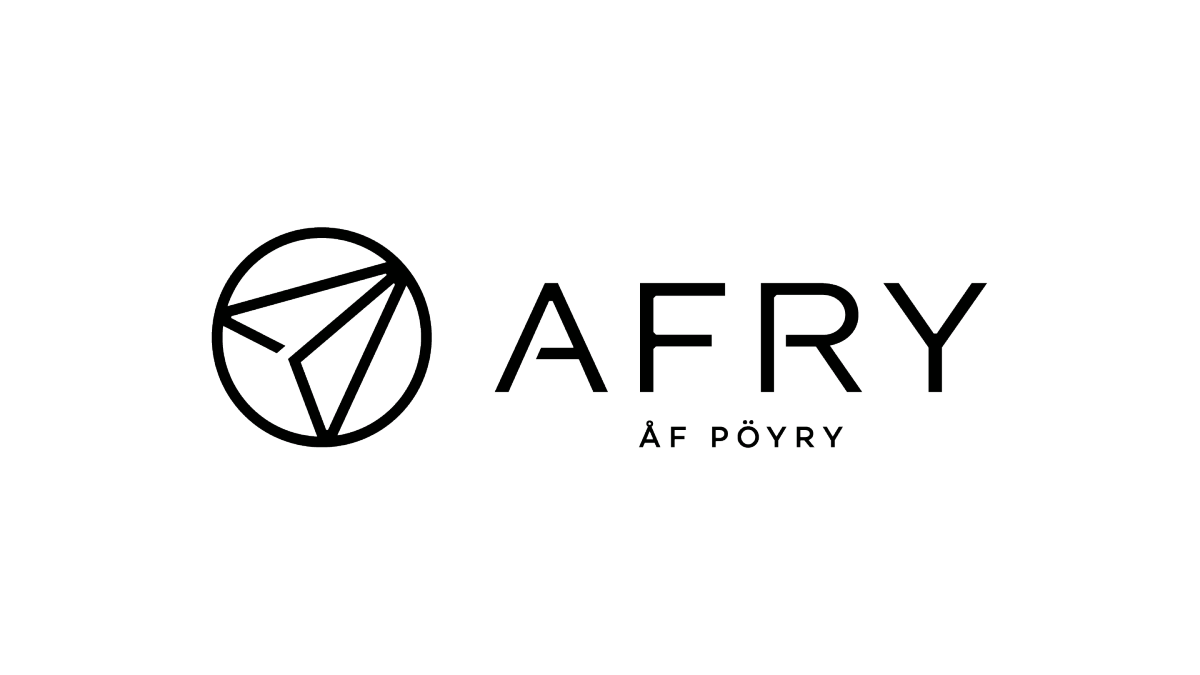Jump to section
Energy for a Net Zero Society - a modeler's view
 A personal view….
A personal view….
I am really looking forward to the Conference. I hope that by that time we will have put the final touches to our strategy for meeting the 6th Carbon Budget, which has been occupying much of our time. I think the conference will be a great space to stand back a little from the day-day process of developing and running models to support our colleagues; who lead and develop the policies that will in turn help us to decarbonise our economy.
When thinking about the future I remember couple quotes…
“Prediction is difficult, especially when it’s about the future”
…attributed to Nils Bohr or Yogi Beera. This worth bearing in mind if you are responsible for the BEIS Energy Emissions Projections like I am or a consumer of them too!
However, a more useful and thought provoking one is from Paul Saffo, a technology futurologist…
“The goal of forecasting is not to predict the future but to tell you what you need to know to take meaningful action in the present”
Even the most well thought out of strategies for net zero will have a series of unknowns where further thought and more research will help us all to take more meaningful action.
It’s a bit of a truism, worth restating, to say that in decarbonisation we have done the easy bit and left the hard parts until later. To my mind the biggest challenge will be the transition of our buildings to help them become net zero. The challenge is both one of size and scale but also one of working with almost the whole population. After all most of us live in a house and work in a building at one time or another. It seems to me that there are many areas where further research, especially into behaviour will help. After all, the behaviour change will have to happen whether it’s that which is done to us, or that which we will choose to do. So in my mind a critical component will be increasing our understanding of how to work with the grain of human behaviour. Thus helping us all to do the right thing without feeling burdened or that someone else is free-riding. I think we will need to do much more to support this personal exploration with extensions to tools like the Mackay Carbon Calculator (https://mackaycarboncalculator.beis.gov.uk/) to help people think about the options and explore the pros and cons so of change.
This conference is also about who pays. One of the areas I am particularly interested in is the long run cost of decarbonisation and the effects of technological innovation. Both Moore’s and Wright’s Laws seem to be at work here. Some models show that it’s cheaper to decarbonise than not, even without taking in any spill-over benefits. I am sure this will feature in some of our debates because “how much?” is often the first question we need to answer when we are thinking about “who pays?”.
Honestly I can’t wait.
Alec Waterhouse
Alec is Head of the Central Modelling Team in the Department for Business Energy and Industrial Strategy. He is a member of the Government Operational Research Service and a Fellow and Companion of the Operational Research Society of Great Britain.
Alec’s team are responsible for working out how much green-house gas the United Kingdom are projected to emit. He and his colleagues develop a range of models that make these projections, taking into account the effect of government policies and a host of other factors. The team also work on models that help to understand how we can meet our long term emissions targets and how government energy policies affect consumers. They have designed and built a bespoke policy simulation language for household energy modelling. He also leads for the department on quality assurance programme for analytical models. Alec started his working life as an engineer. After getting fed up of getting wet and dirty he moved into Operational Research. Since then he has worked in a wide variety of organisations ranging from the retail to public sector.
Sponsors
Gold Sponsor
Silver Sponsors










Post your comments and questions for the speakers here